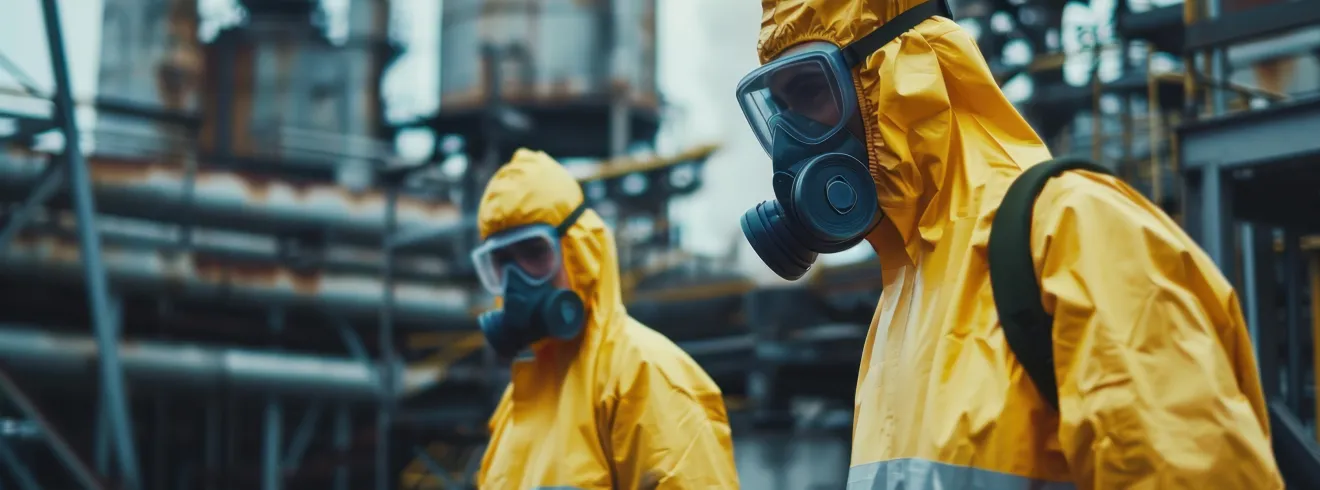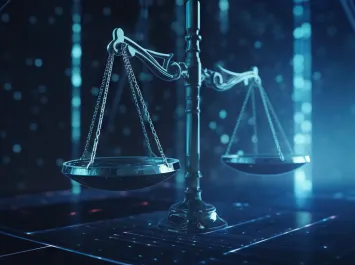
Although chemical, biological, radiological, and nuclear (CBRN) events are relatively rare, it is crucial that Member States are adequately prepared for their occurrence given the potentially massive impact. International cooperation and exchange of knowledge and expertise in the area of CBRN response are therefore crucial to ensure a proper response during a crisis situation. With this support, Member States are able to form a coherent approach to a CBRN event, which is based on their own needs and priorities as well as widely recognized best practices.
After the initial response to a CBRN incident is over, it is also important to ensure that any potential crime is properly investigated and prosecuted. However, given the challenging and particular nature of such a crime, there are numerous extra considerations. For example, as a result of the crime scene being contaminated with CBRN materials, different response methodologies and additional mechanisms are required to protect investigators, first responders and other agents involved in the crime scene, and to keep the evidence intact. Furthermore, prosecutors need to provide a very strong case in the court of law to convince the judge of the deliberate nature of such a crime and this must be supported with immaculate evidence. Yet, it takes many years for the criminal case to go from the crime scene to adjudication in the courtroom, which may impact the evidence’s integrity.
UNICRI’s response
UNICRI is advancing guidance on how to best respond to CBRN events in line with its Strategic Programme Framework 2023–2026. In coordination with international partners, UNICRI is developing practical tools to help Member States prepare for and respond to CBRN events. As with all of UNICRI’s work, Member States themselves are closely involved in the process, contributing their best practices and lessons learned from previous CBRN events and disasters.
At the same time, the Institute, in collaboration with the International Association of Prosecutors (IAP) and other international organizations, is also publishing guidance manuals on how to investigate and prosecute CBRN crimes. In 2022, it first published A Prosecutor’s Guide to Chemical and Biological Crimes in English. The guide has since been translated into Arabic, French, Spanish, Russian and Ukrainian and has had an accompanying training package developed to complement its integration into the work of prosecutors. This guide will soon be followed by A Prosecutor’s Guide to Radiological and Nuclear Crimes.
Current initiatives and future programming
Prosecution of CBRN Crimes – In close cooperation with relevant partner international organizations, last year, UNICRI started developing its “From the Crime Scene to the Courtroom” series of action-oriented guidance manuals, dedicated to prosecutors, investigators, law enforcement and judicial authorities. Accompanying training packages have also been developed to integrate the guides into the professional duties of prosecutors.
Toolkit on Effective CBRN Planning and Response – UNICRI in partnership with the of the United States Department of State is developing a Toolkit on Effective CBRN Planning and Response for Policymakers and CBRN Managers. The toolkit will be designed to help Member States understand what technical support they need in the days after a CBRN event.
Further information
For general information concerning the implementation of these projects, please consult the linked pages below.
Publications

Women in Chemistry | 
Prosecutor’s |

